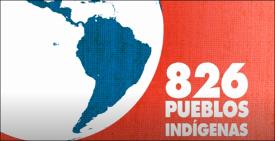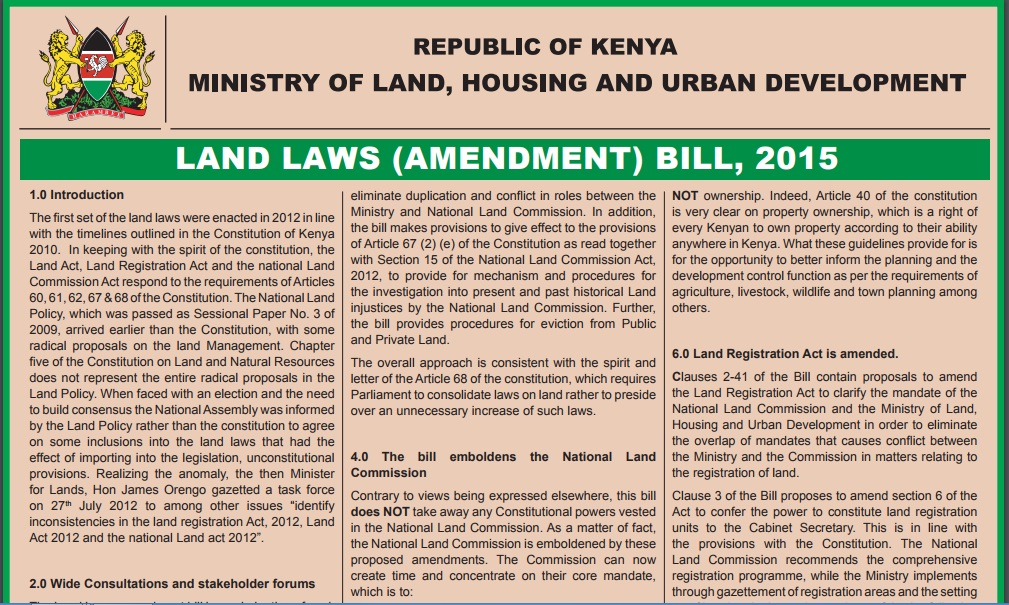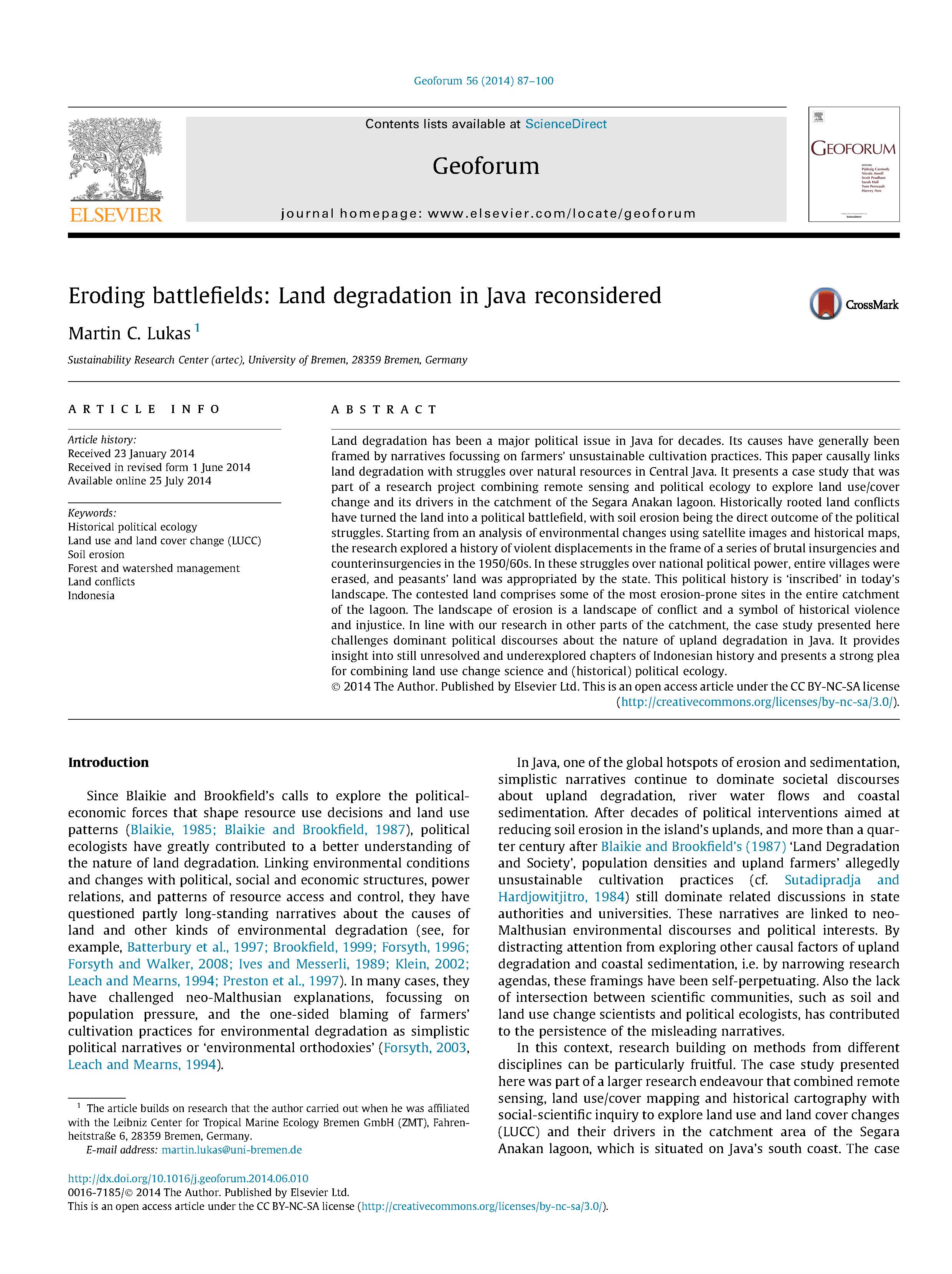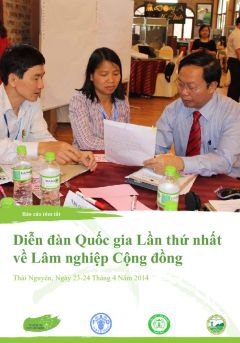Constraints and Opportunities for Commercial Timber Extraction From Community and Smallholder Forests
... The National Community Forestry Instruction (1995) provides communities the opportunity for 30 year licenses to manage state forests lands for natural forest protection, mixed agro-forestry and timber production systems. The Forestry Master Plan (2001) envisions around 920,000 ha to be handed to local Forest User Groups (FUGs) by 2030, about 1.36% of the total land area.









